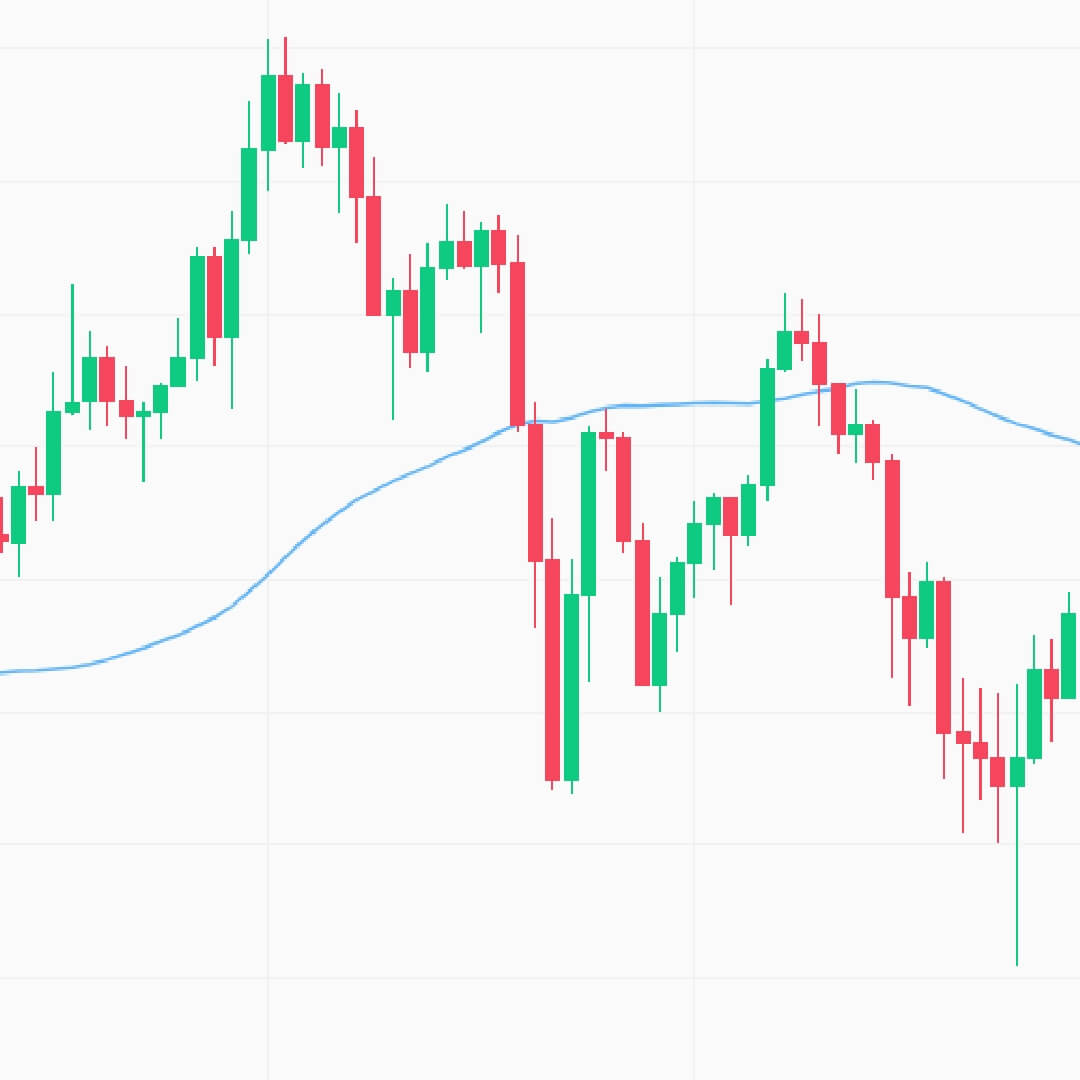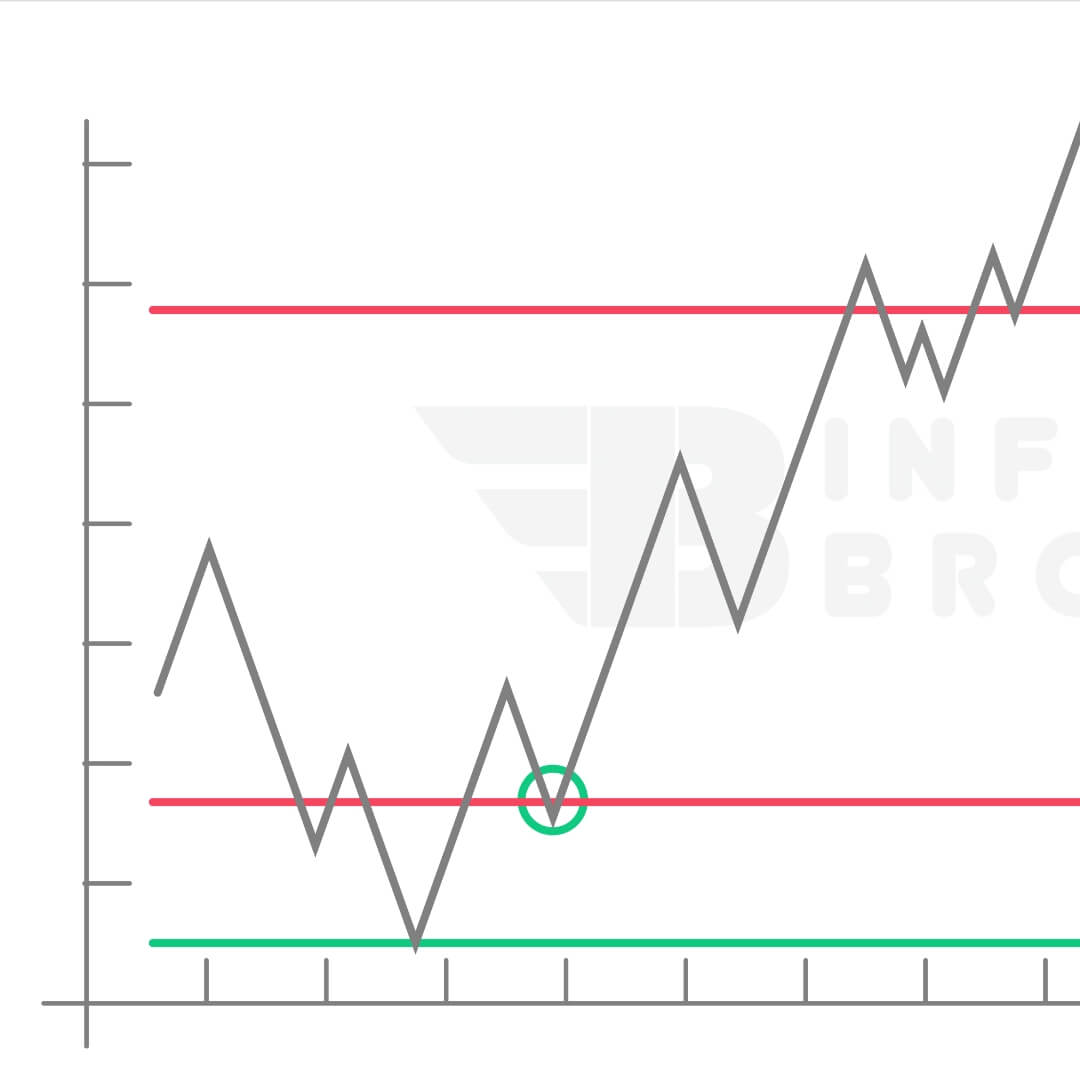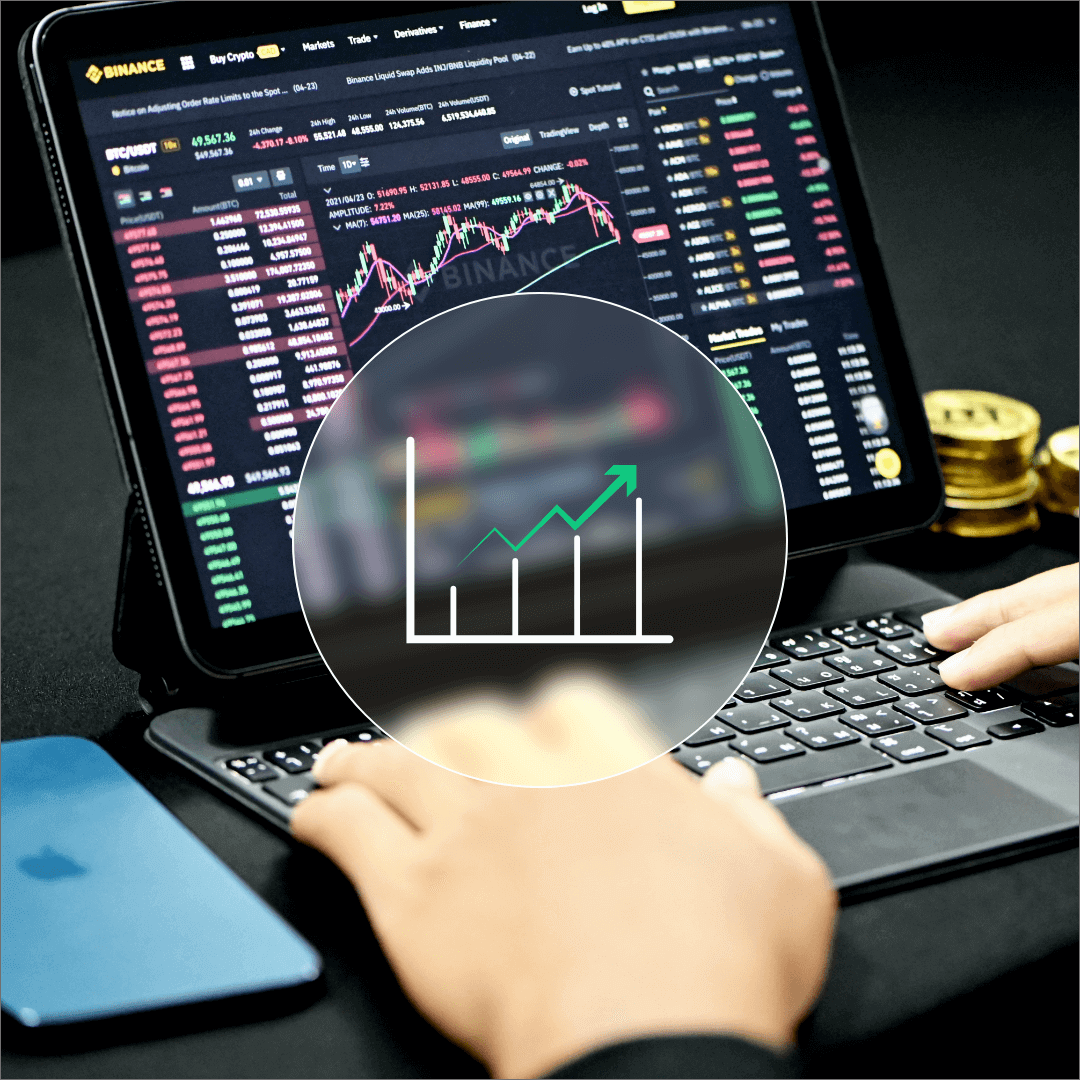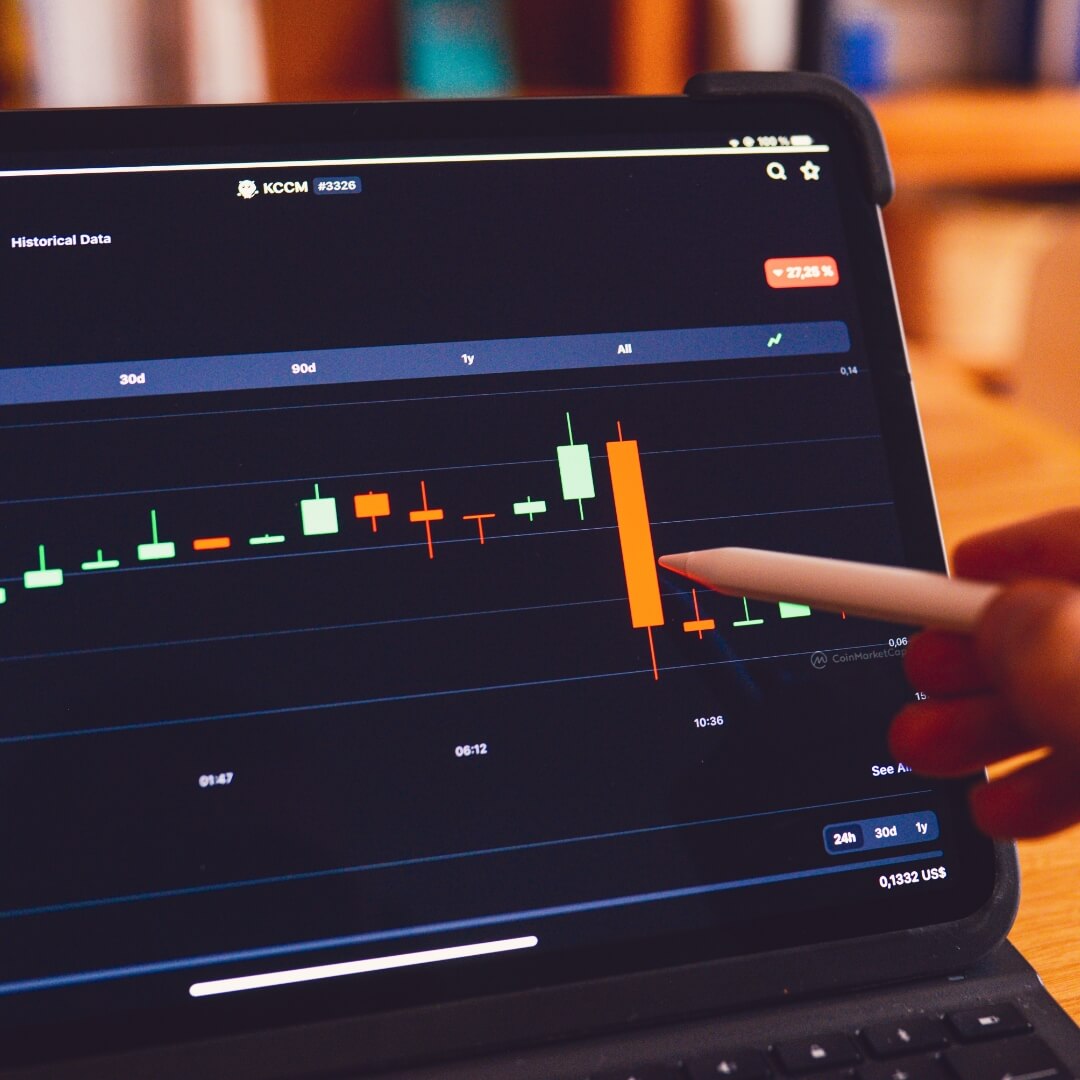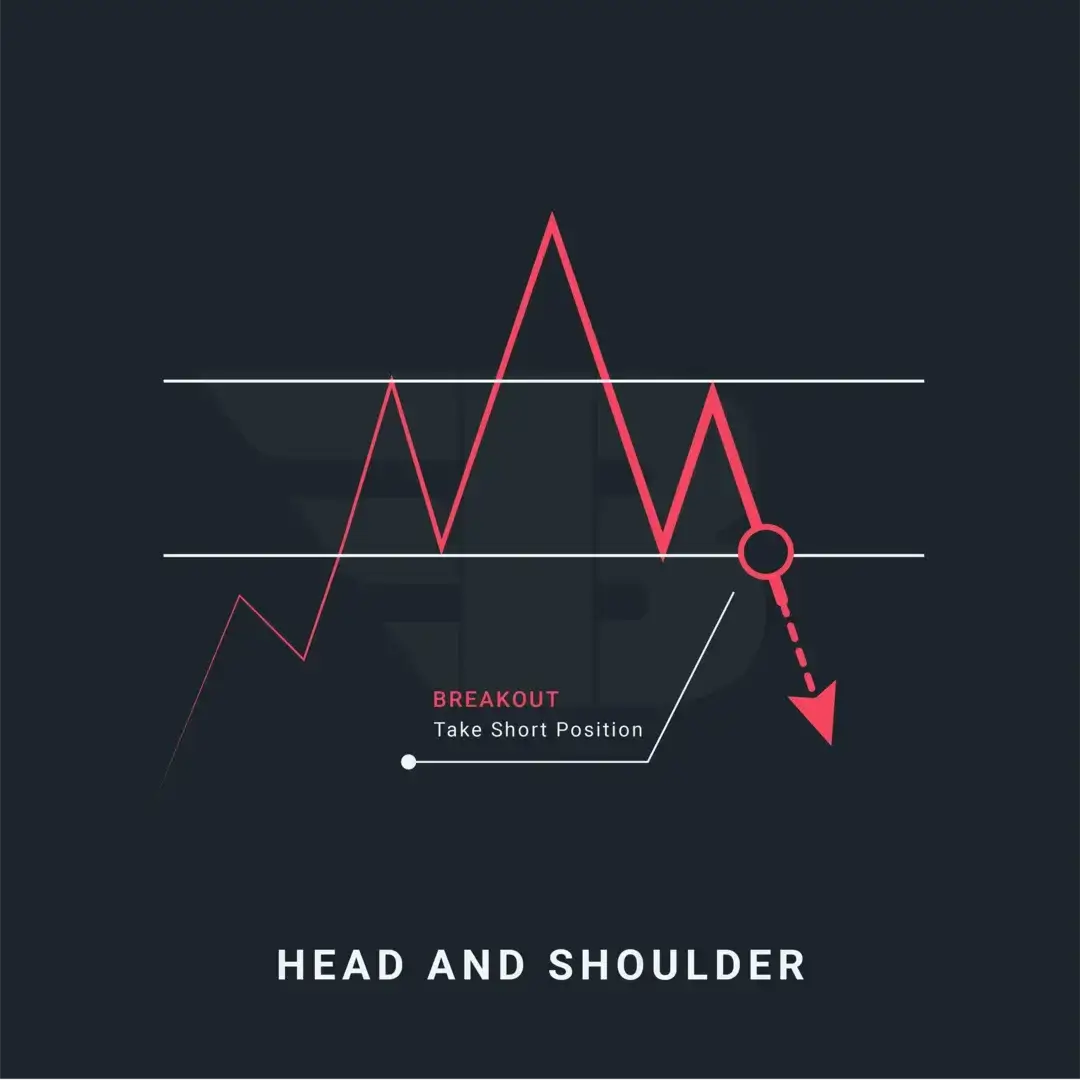Market Volatility: Why Stocks Rise & Fall Why Prices Change So Fast!

Key Takeaways
In this chapter, we'll talk about how market ups and downs can affect your investments. Knowing about market volatility is key to making smart investment choices and handling risks well.
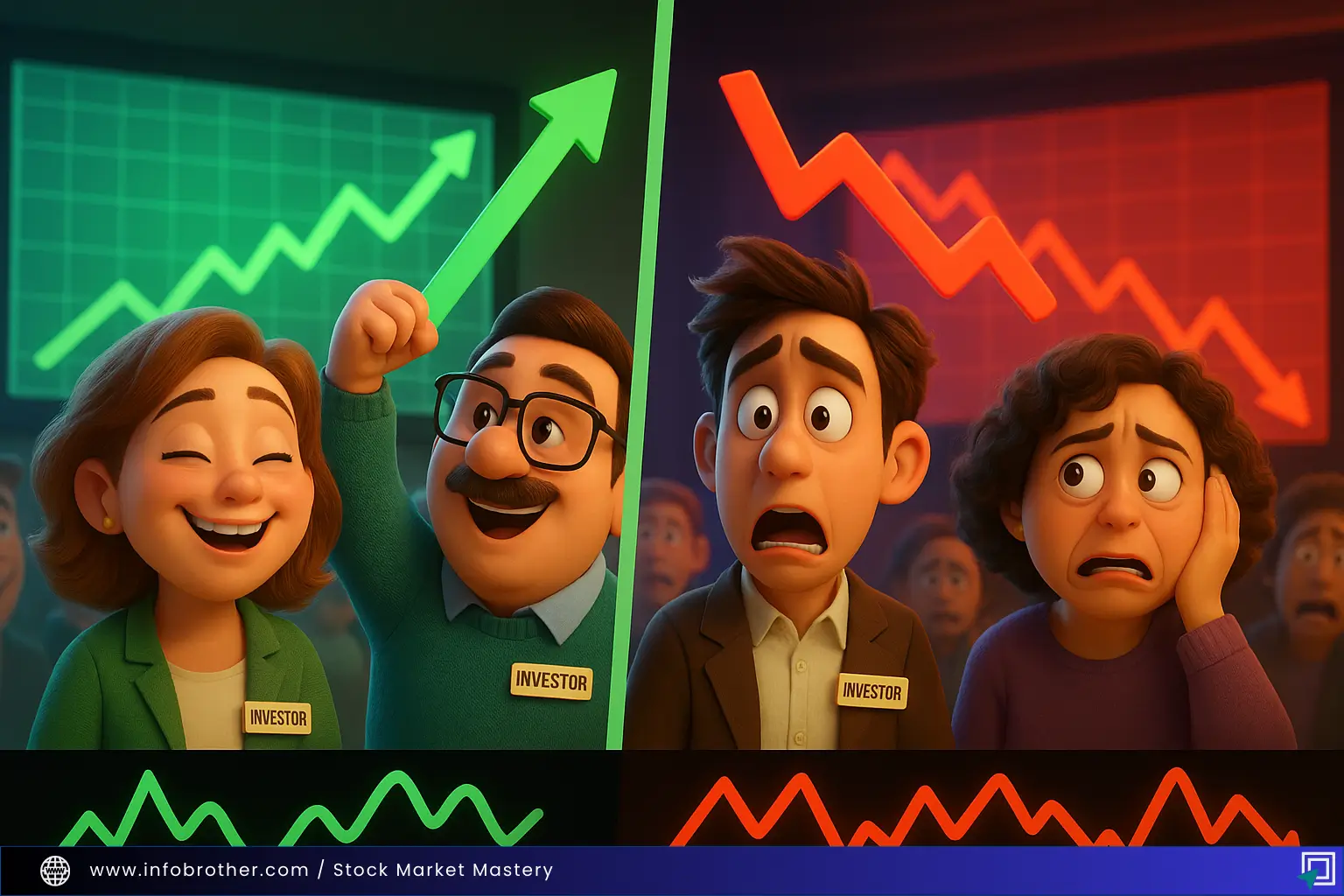
It's like a rollercoaster ride, keeping you on your toes and making it tough to predict what's coming next in the market.
Even though it can be tough, fluctuating markets aren't always a bad thing.
So, while market ups and downs can seem scary, there's also room for smart investors to find opportunities
Here's an example for you:
Imagine a situation where the stock market is going down, and the price of a high-quality stock drops a lot because everyone is feeling negative about the market. A smart investor sees the true value of the stock and buys it for less. When the market bounces back, the stock price goes up, and the investor makes a good profit.
This approach needs patience and a good grasp of the market, but it shows how market ups and downs can actually be beneficial.
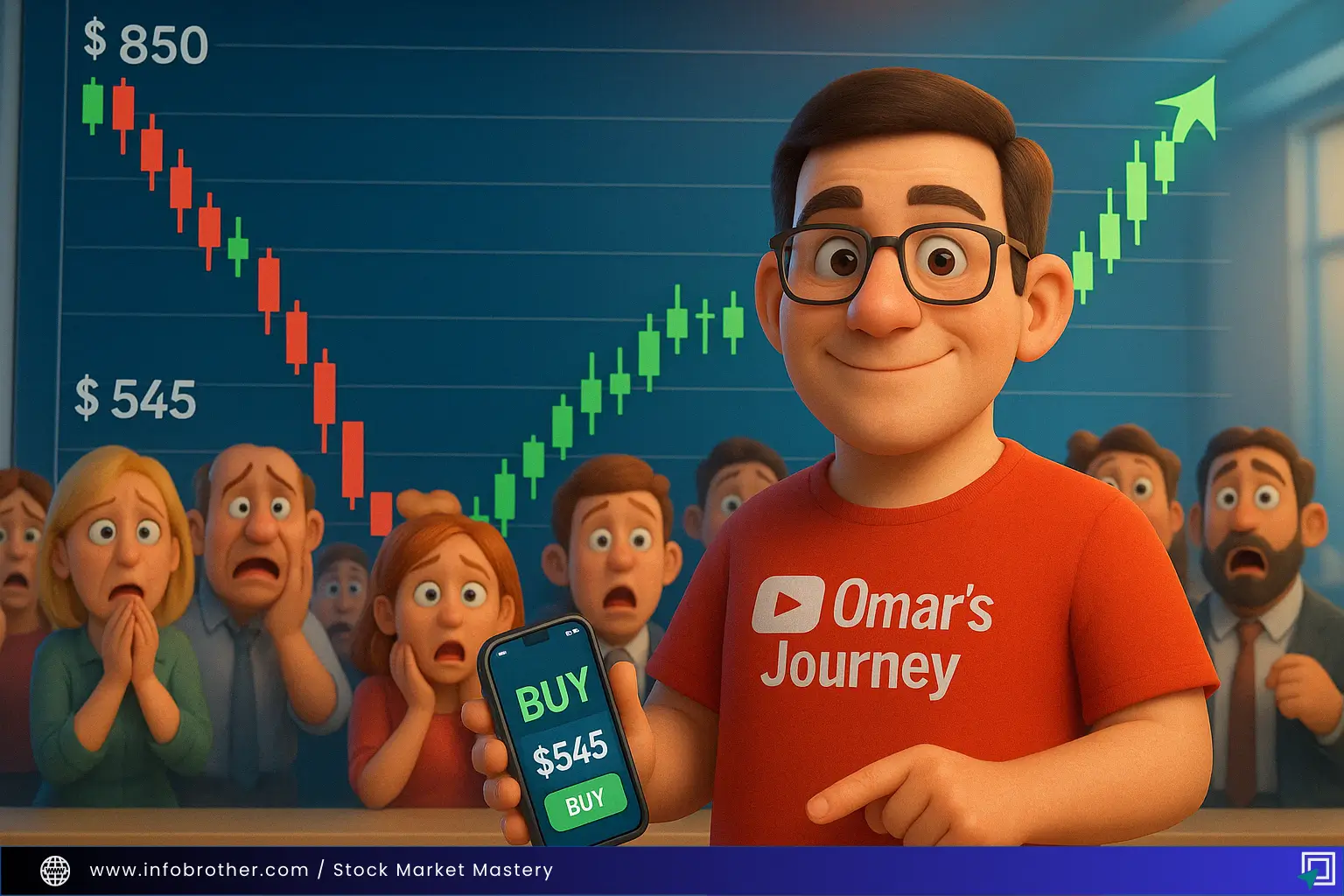
The price of a high-value product dropped sharply, making people scared and negative about trading — but a smart investor bought low and made a strong profit of over 100%.
This approach is often referred to as "buying the dip," where investors take advantage of lower prices to accumulate valuable assets. Knowing this strategy can help investors stay calm when the market is unpredictable and focus on long-term growth rather than worrying about short-term losses.
Causes of Market Volatility:
In order to handle market ups and downs effectively, it's important to know what causes them. By figuring out these reasons, you can improve how you deal with risks and make the most of chances that come your way. Here are a few main things that can make the market go crazy:
1Political and Economic Events:
Political and economic events are significant triggers of market volatility. Things like government decisions, political speeches, and economic reports can all make the market go wild. Remember back in 2016 when the UK voted to leave the EU? That caused a big drop in stock markets because people were worried about what Brexit would mean for the economy.
Changes in policies, like new taxes or trade rules, can also influence how investors feel about things. People watch these events closely to figure out how they might affect business growth and profits. By keeping up with what's happening in politics and the economy, investors can kind of predict how the market will behave and tweak their plans accordingly
2Industry-Specific Events:
Events that happen within specific industries, like changes in regulations or natural disasters, can cause big changes in prices.
Let's take the oil sector as an example. If there's a major weather issue that disrupts oil production, the prices of oil can shoot up, which then affects the stocks of related companies. For instance, if a hurricane hits the Gulf of Mexico and slows down oil production, the supply of oil goes down, making prices go up. Companies that are into extracting and distributing oil might then see their stock prices go up because they expect to make more money.
Regulatory changes also play a big role. So, if there are stricter rules about protecting the environment, some industries might end up having higher costs, leading to a drop in stock prices. On the other hand, if there are rules that favor the industry, it can make things look brighter and push prices up. It's essential for investors to keep an eye on industry trends and the rules being set to be ready for these changes.
3Company-Specific Events
Events happening specifically to a company can shake up the market too. When a company releases its earnings, launches a new product, or changes its structure, it can have a big impact on that company's stock prices.
For example, when Steve Jobs stepped down from Apple and Tim Cook took over as CEO, the stock went a bit crazy as investors weren't sure where the company was headed next. They worried if Cook could keep up the innovation that Jobs was known for.
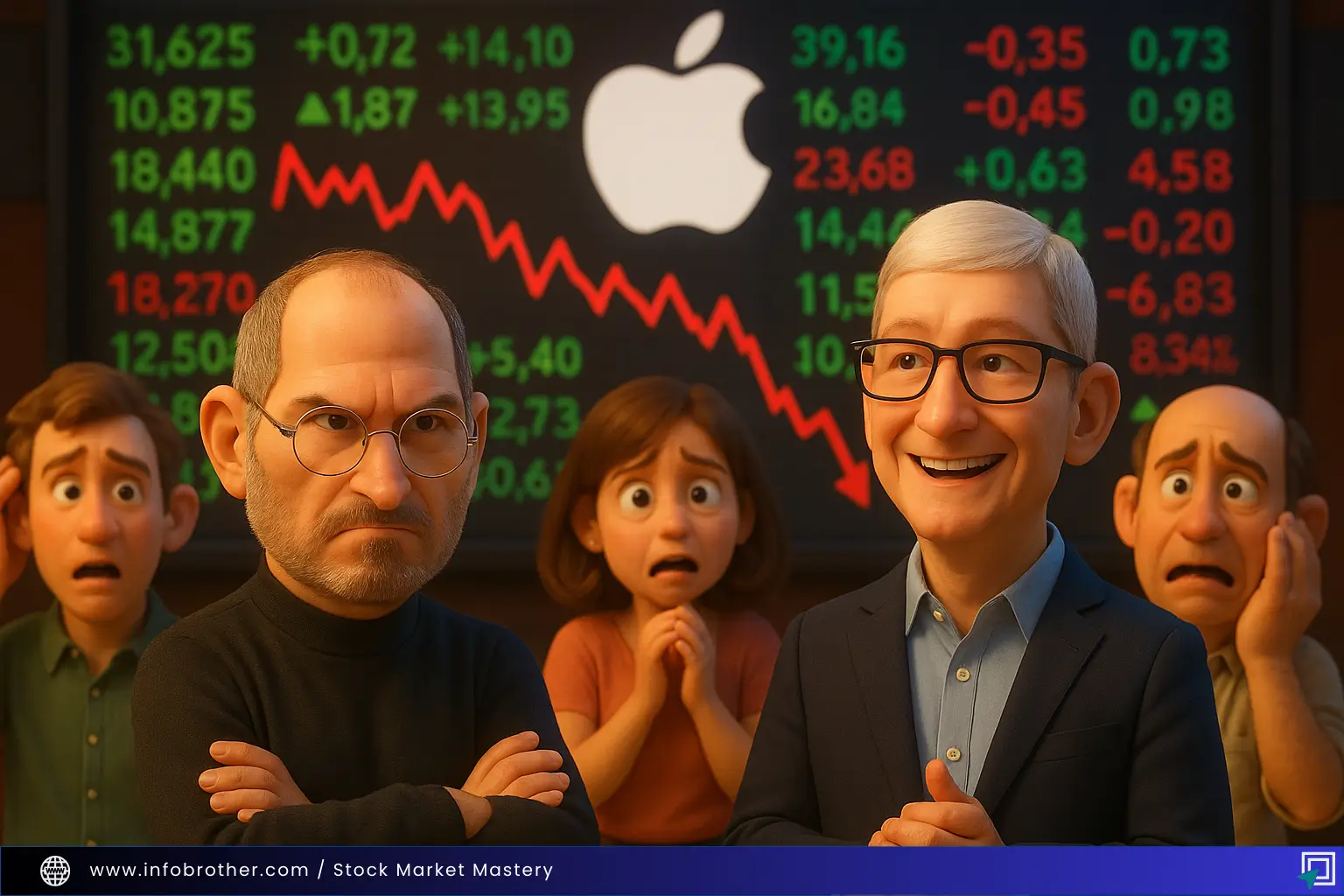
Earnings reports play a major role too. If a company does better than expected, its stock usually goes up, but if it falls short, the stock might take a hit.
Product launches, especially in tech, also play a part in all this. A cool new product can boost a company's stock, but a flop can bring it down. Knowing about these things helps investors decide what to do with specific stocks.
For instance, if a political election result supports policies that businesses like, it could make investors feel more confident and cause stock prices to rise. On the other hand, if the outcome is seen as bad news for business, it might lead to a drop in the market. Understanding the current political situation and possible policy changes can assist investors in managing these ups and downs successfully.
Bottom line
Throughout our lessons, you've learned about the basics of market volatility and the various reasons behind it. From changes in the economy to shifts in leadership, understanding these factors is key. Get ready for more in-depth insights in the next lessons, where we'll discuss ways to navigate and take advantage of market volatility.
By understanding the intricacies of market volatility, you can improve your investment approach and make wiser choices.
Keep expanding your knowledge, and you'll be prepared to tackle the ever-changing financial landscape with confidence
Keep learning, stay informed, and use these tips to become a more successful and self-assured investor.


